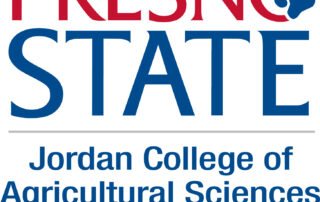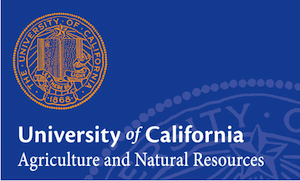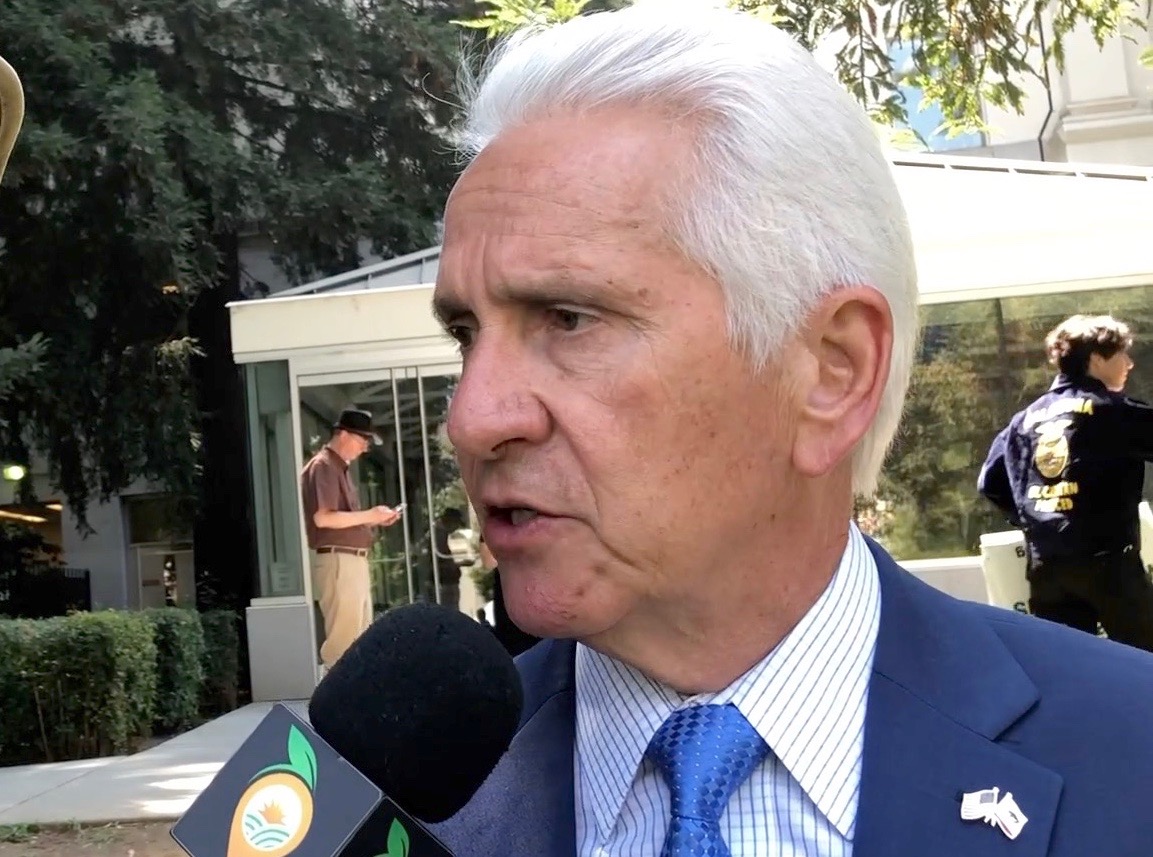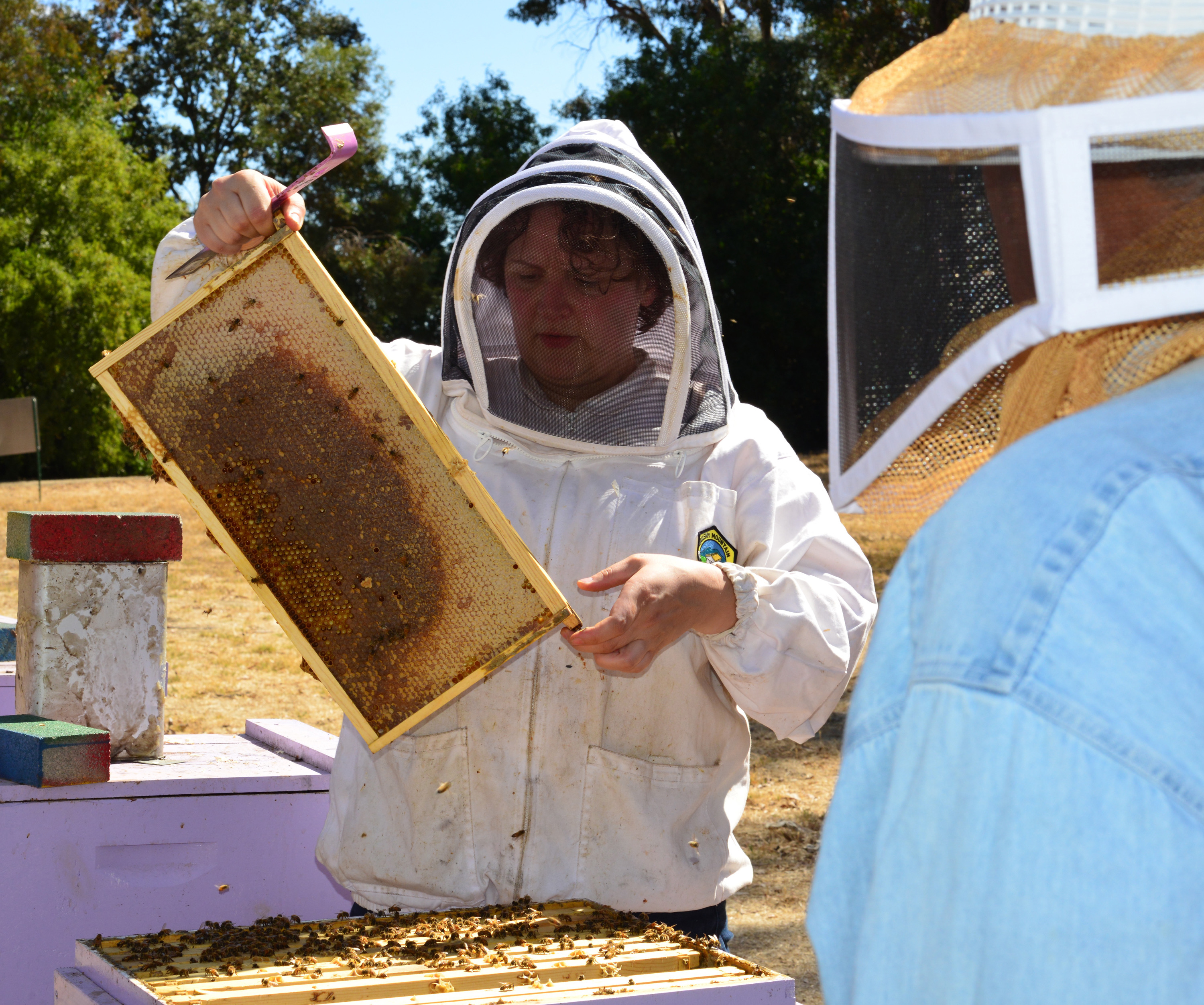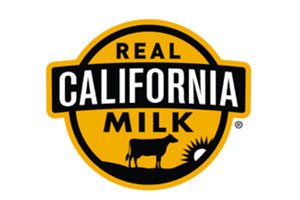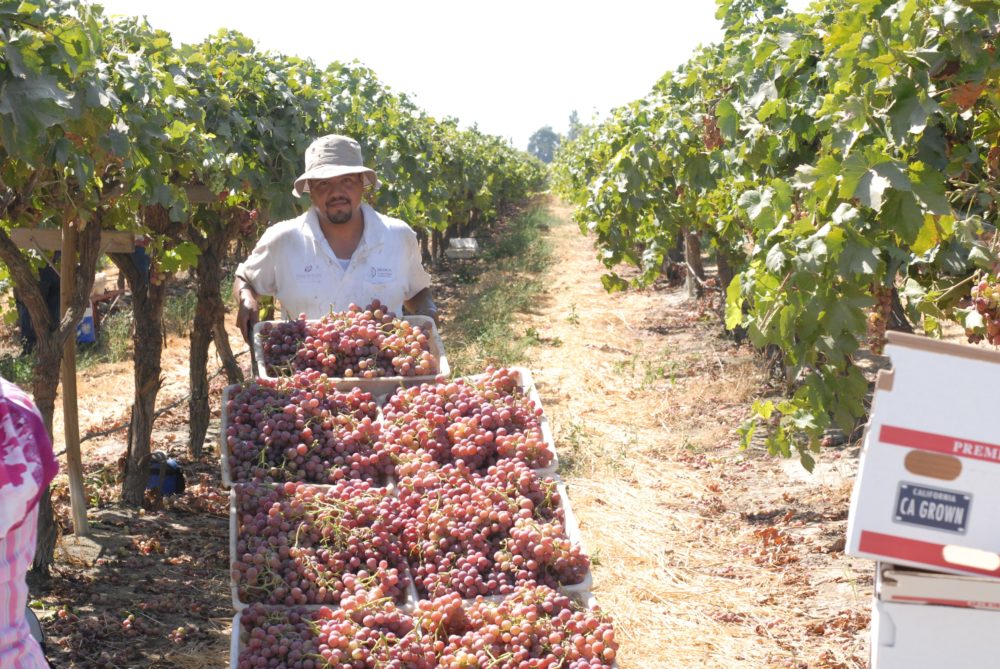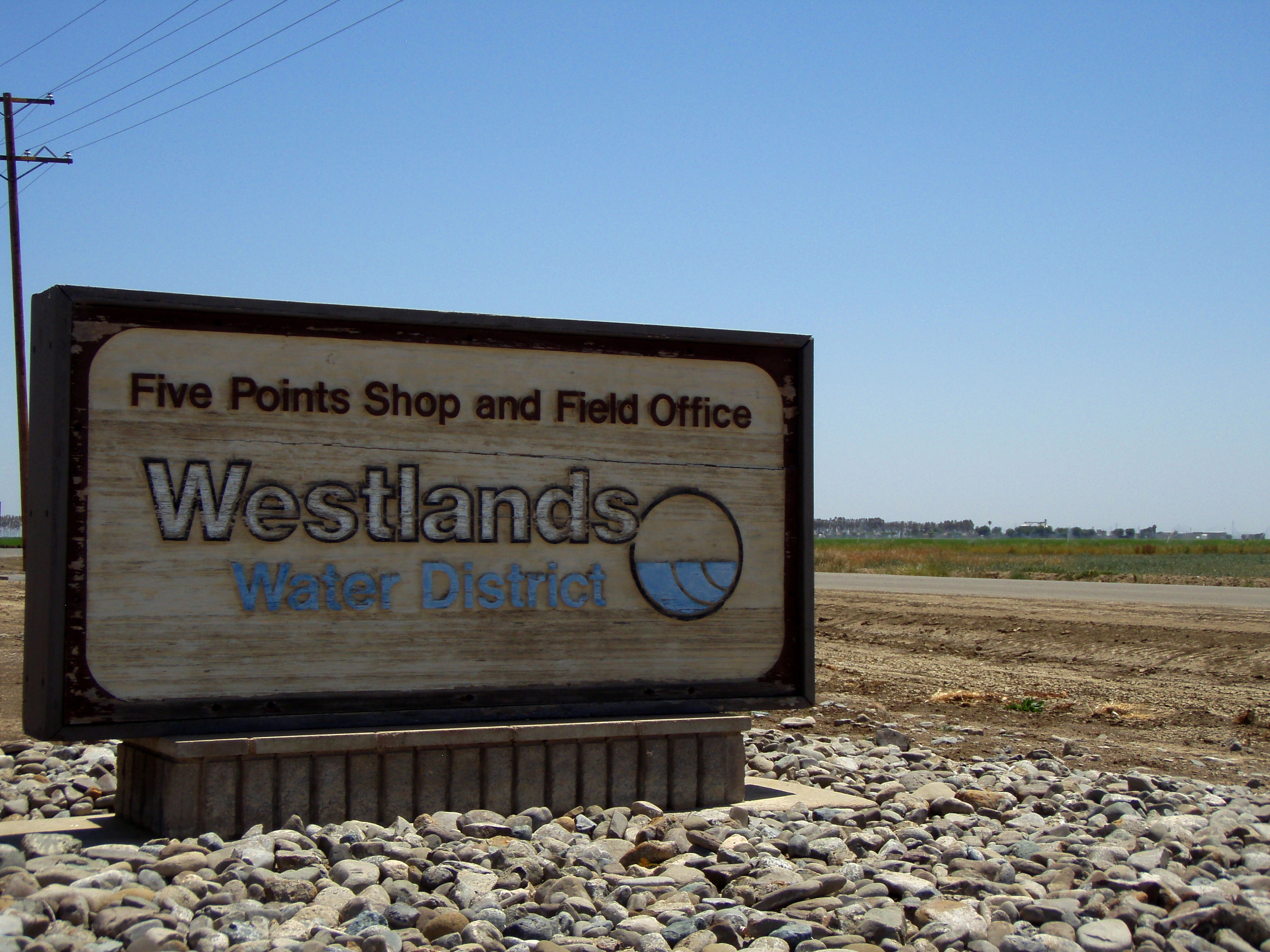Fresno State Helps Lead USDA Efforts to Strengthen California Food Industry
By Geoff Thurner, Fresno State Jordan College
Fresno State’s Jordan College of Agricultural Sciences and Technology will receive $2.2 million from the United States Department of Agriculture to take on a leadership role in the new Southwest USDA Regional Food Business Center that will help small- and medium-sized farmers and food producers integrate with larger, regional food supply chains.
The regional center is part of a $35 million cooperative agreement led by the University of California Agriculture and Natural Resources that will offer added assistance in California, Arizona, Nevada, Utah and Colonias communities with inadequate infrastructure along the rural, U.S.-Mexican border. The Jordan College joins 16 organizations and 38 collaborators from four states, coming together to enhance and expand business support services to food and farm businesses.
“Food security is national security,” said Dr. Rolston St. Hilaire, dean of the Jordan College. “I am pleased that, through our team’s participation in the Southwest Regional Food Business Center, we will be able to address regional food insecurity challenges and provide insights on the economic viability of food and farm businesses across the supply chain.”
The Department of Agricultural Business at Fresno State will work to expand connections with underrepresented minority growers, service providers and businesses to leverage resources and expand opportunities for growth and economic stability. Dr. Srinivasa Konduru, chair of the department, said faculty will share their expertise to help food producers and other food businesses improve their business plans, especially to optimize strategies for supply chain integration.
The Department of Industrial Technology at Fresno State will help small and medium food businesses leverage technology to improve efficiencies, develop new products and packaging, increase traceability and ensure customer satisfaction.
“All of these areas are vital for today’s regional and global supply chains and Central Valley economy,” said Dr. Arun Nambiar, chair of the Department of Industrial Technology. “It is imperative to provide them with every possible assistance to ensure that they can thrive in today’s world of stiff competition. We will consult with them to help them select, implement and use appropriate technology so that they can access wider markets.”
Dr. Erin Stafford Dormendy, chair of the Department of Food Science and Nutrition at Fresno State, will share her expertise in making the food supply chain as safe as possible by controlling food-borne pathogens and improving food contact safety. She will work with small- and mid-sized food businesses on best practices for food safety, quality control and sustainability that businesses can follow to meet the regulatory requirements of larger buyers. She will help train a team of graduate students and a team of undergraduate students to become the next generation of leaders in the food processing industry.
The Southwest USDA Regional Food Business Center will add expertise from the university’s Water, Energy, and Technology (WET) Center, which provides vital resources and support to local food entrepreneurs, farmers and innovators, driving economic growth and sustainability in the region.
“I am thrilled the award will support our food accelerator program that can contribute to the transformation of the food system of California’s Central Valley,” said Helle Peterson, director of the WET Center. “We will empower the next generation of food leaders to bring food products and innovations to communities throughout California and beyond.”
Finally, the Lyles Center for Innovation and Entrepreneurship will provide a team of two MBA students per semester to consult on in-depth projects that will focus on opportunity assessment, feasibility assessment, business planning, marketing strategies and HR issues tailored to the food producers’ needs.
The Southwest USDA Regional Food Center is one of 12 centers recently unveiled by the USDA as part of a $420 million initiative to help the economy avoid an overreliance on national-scale businesses across the nation. Encouraging smaller, regional food suppliers could help to alleviate food distribution vulnerabilities that were exposed during the COVID-19 pandemic, when certain companies shut down temporarily.
“From the second I spotted this opportunity, I knew the Jordan College could be a leader for California,” said Gil Harootunian, executive director of University Initiatives and the Office of the Provost. “The Jordan College houses the experts who can be the backbone of this work to create more resilient, diverse and connected food supply chains.”

